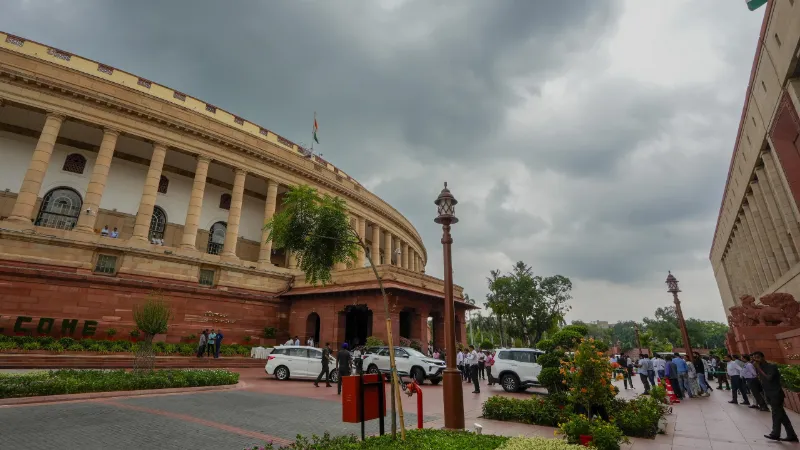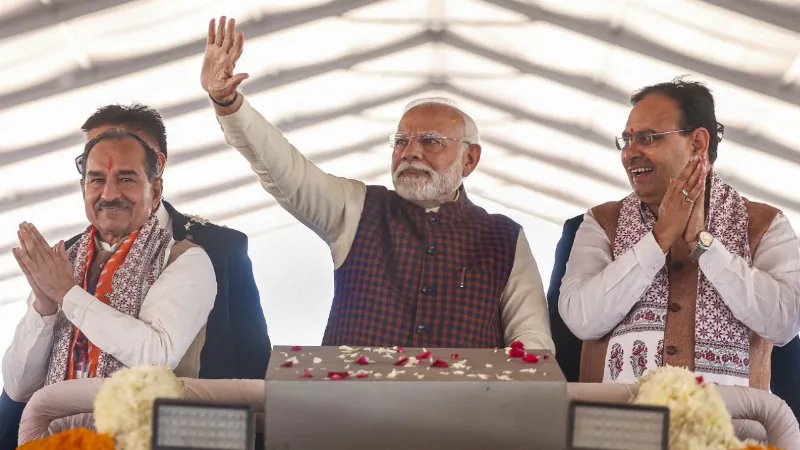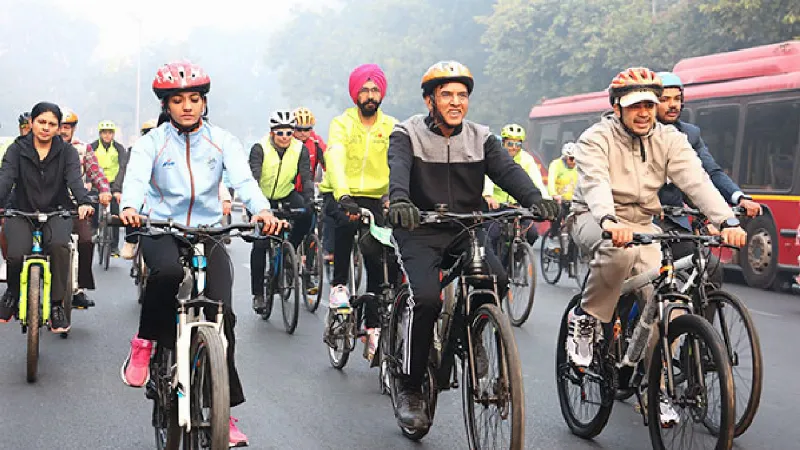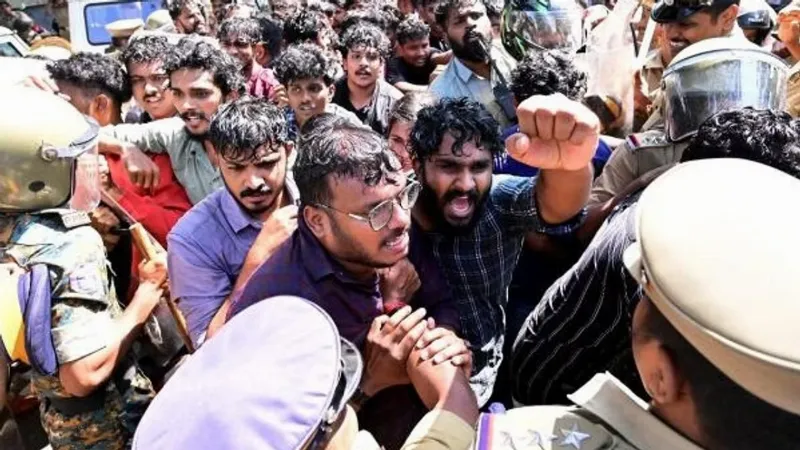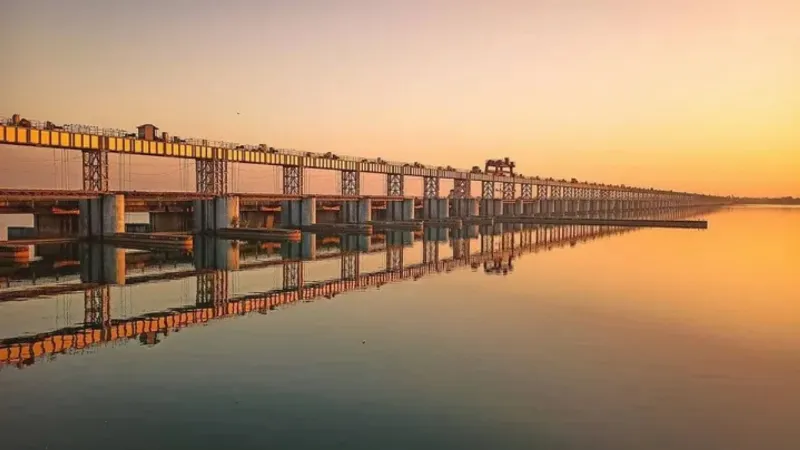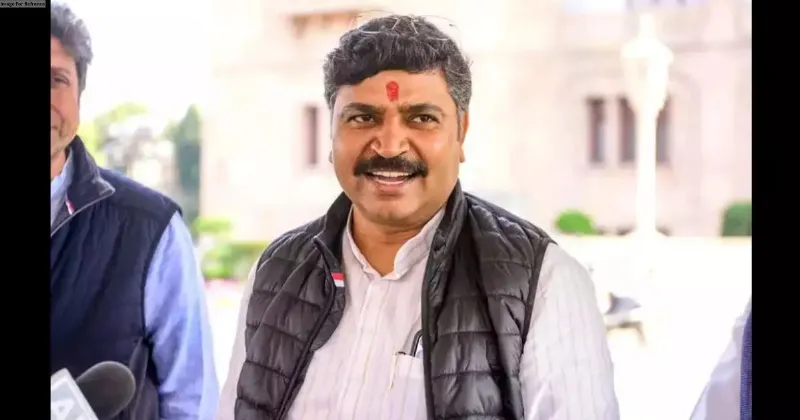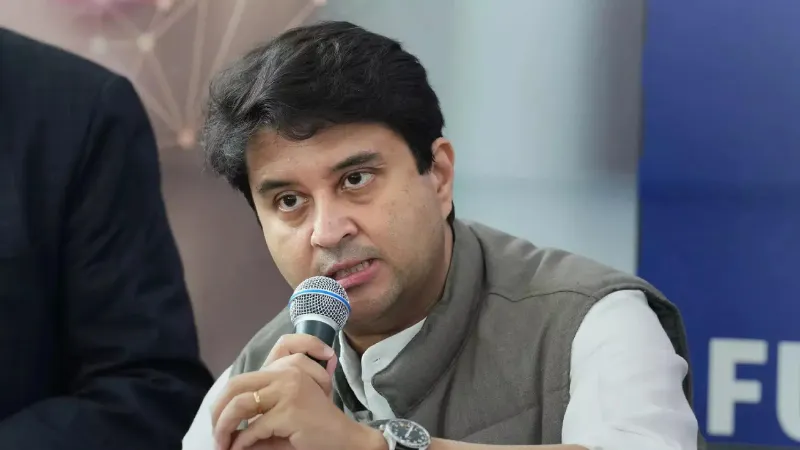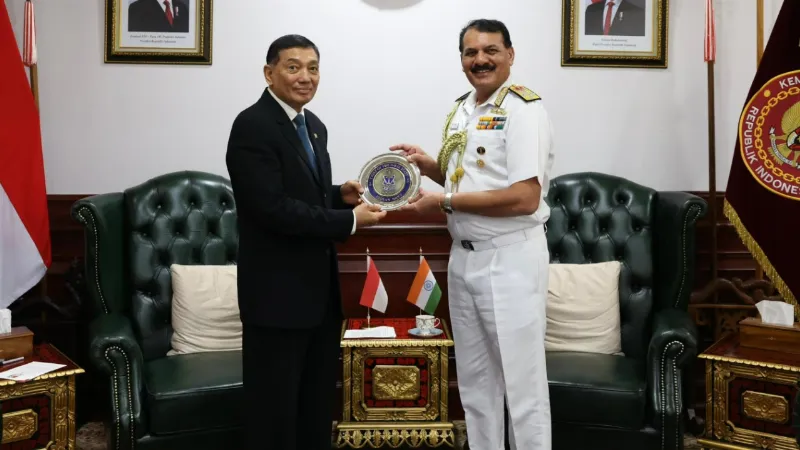Latest News
ONE NATION, ONE ELECTION: MODI’S VISION FOR A UNIFIED ELECTION SYSTEM
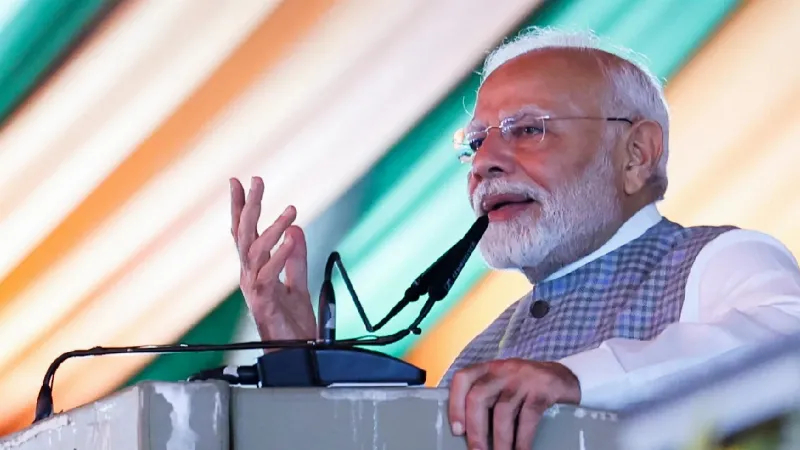
Delhi: Prime Minister Narendra Modi’s visionary leadership has always been a beacon of change for India, and his resolve to streamline the electoral process with the “One Nation, One Election” proposal is a testament to his dynamic governance. With an eye on reducing unnecessary expenditure and the burden on the country’s economy and wastage of time which ultimately leads to hindrance in development, Modi’s idea of synchronizing elections across the nation promises a more efficient and cost-effective electoral framework.
This bold step, which aims to eliminate the financial strain of conducting multiple elections at different times, marks the beginning of a new era in Indian politics. On Tuesday, the One Nation, One Election bill was tabled in the Lok Sabha and was accepted with overwhelming support, receiving 269 ‘Ayes’ in the Lower House.
This historic moment was made possible due to the tireless efforts of Union Law Minister Arjun Ram Meghwal, who played a key role in bringing this transformative proposal to the forefront.
Under Modi’s guidance, Meghwal presented the bill with the aim of not only saving the country’s resources but also ensuring a more synchronized approach to elections. This development marks a significant milestone in the life of Union Law Minister Arjun Ram Meghwal, as he had the historic opportunity to present the “One Nation, One Election” bill in Parliament. Recognizing Meghwal’s talent, Prime Minister Narendra Modi entrusted him with this important responsibility by appointing him as the Law Minister. If the bill is passed in Parliament, it will mark a major turning point in India’s electoral history. Notably, the bill was met with substantial debate and scrutiny, yet it garnered substantial support, signalling a shift in how India approaches elections. The government, under the watchful eyes of Prime Minister Narendra Modi and Union Home Minister Amit Shah, ensured that the opposition had every opportunity to voice their concerns. During the debate, Shah offered the opposition a chance to present their arguments before the Joint Parliamentary Committee (JPC), a move that reflects the government’s commitment to transparency in the passage of this crucial bill. Lok Sabha Speaker Om Birla also played a pivotal role in ensuring the smooth functioning of the House during the discussion of such a controversial bill. His leadership ensured that the proceedings remained orderly and transparent, allowing for a constructive debate. The passage of this bill marks a crucial step toward implementing India’s largest electoral reform in history. If all goes as planned, the next general elections in 2029 could be held under this new synchronized model.
Though there are some concerns about the potential impact on the 2034 elections, but 5-10 years hardly matter in a nation’s history when a revolutionary development is set to happen. Ultimately, this reform will help shape the future of India’s democratic process for generations to come. As the world’s largest democracy, all eyes are now on Narendra Modi’s bold experiment with electoral reforms. The names of Modi-BirlaShah-Meghwal will now be forever etched in the history of India’s parliamentary democracy. The beginning of ‘One Nation, One Election’ in India is not just a slogan, but a historic shift that will forever alter the political landscape of this nation.



